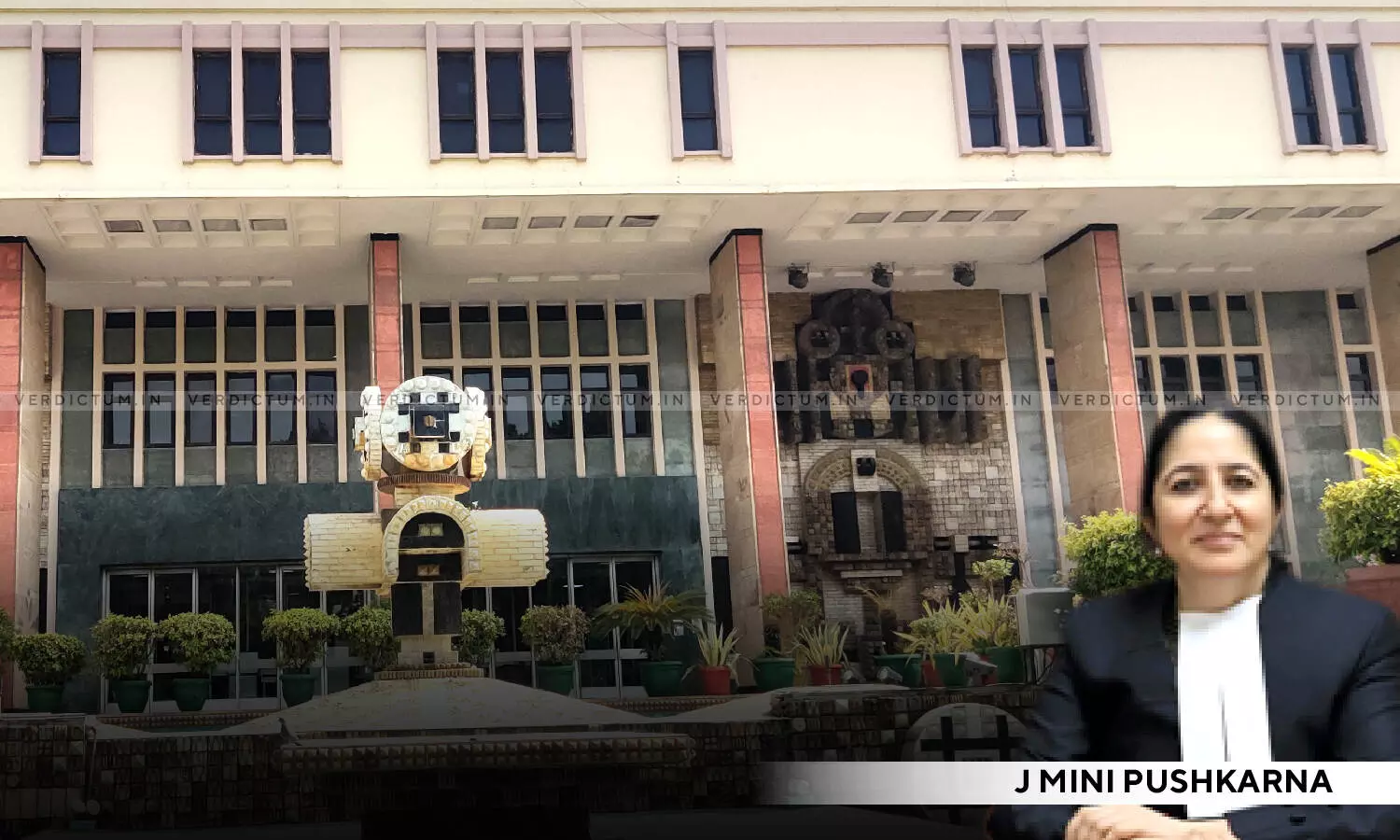
Copyright Cannot Be Allowed To Be Infringed: Delhi HC Directs Al-Hamd Tradenation To Use Sound Recordings Only After Obtaining Licence From PPL
 |
|The Delhi High Court passed an interim order directing Al-Hamd Tradenation to use sound recordings owned by Phonographic Performance Limited (PPL) only after obtaining licence from it.
The Court was hearing an application filed by PPL India under Order XXXIX Rule 1 and 2 read with Section 151 of the Code of Civil Procedure 1908 praying for an interim injunction.
The bench of Justice Mini Pushkarna observed, “…it is manifest that the copyright of the plaintiff in the sound recordings owned by it, has to be protected, and cannot be allowed to be infringed….it is directed that in case the defendant wishes to use the sound recording owned by the plaintiff, the defendant shall be free to approach the plaintiff for obtaining license. It is directed that in case the defendant approaches the plaintiff for taking a license, the defendant shall pay license fees, as demanded by the plaintiff.”
Senior Advocate Chander M. Lall appeared for the Appellant and Advocate Aditya Ganju appeared for the Respondent.
Brief Facts-
The plaintiff filed a suit to restrain the defendant from infringing its copyright in a repertoire of sound recordings. The plaintiff, owning public performance rights through assignments, argued that the defendant planned to use these recordings without a proper licence for an event. Despite the defendant's request for a discounted licence fee and the threat to seek a compulsory licence under Section 31 of the Copyright Act, the plaintiff maintained its standard tariff. The plaintiff emphasised that any unlicensed use would harm its licensing activities and infringe on its rights under Section 51 of the Act.
The Court mentioned the decision of the coordinate bench of Delhi High Court in CS (COMM) 671/2021, where the Court had categorically held that the copyright in sound recordings, which can be exploited by a person, have to be protected. The Court quoted, “…the defendant is restrained from exploiting or using any sound recordings or other work in which the plaintiff holds copyright and as would tantamount to infringement of the said copyright held by the plaintiff. This would also include sound recordings which may be in the process of being exploited by the defendant…”
Accordingly, the Court held that the plaintiff has established a prima facie case. The Court said that if the copyright of the plaintiff is not protected, the plaintiff shall suffer irreparable damage.
The Court directed that if the defendant wishes to use the plaintiff's sound recording, they must obtain a licence from the plaintiff and pay the required licence fees as demanded.
Accordingly, the Court listed the matter for September 19.